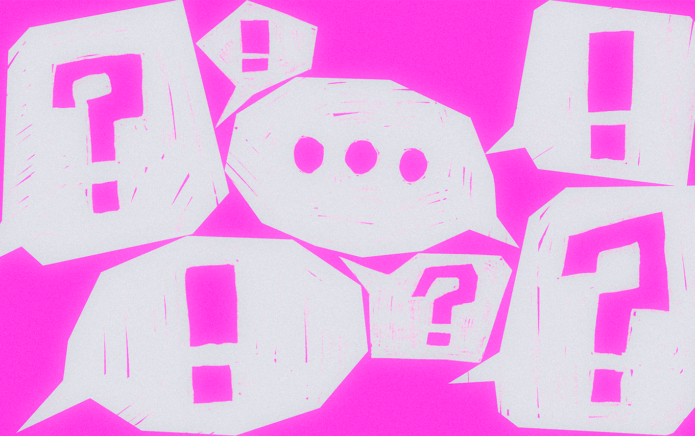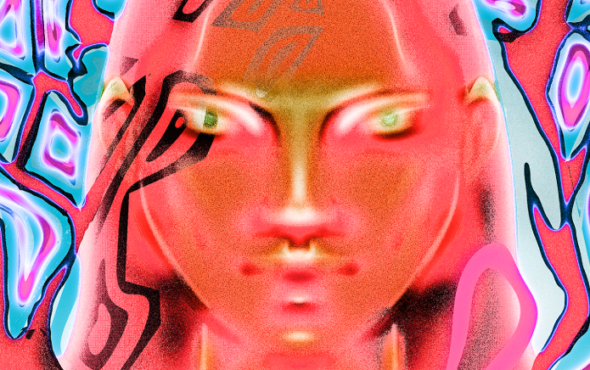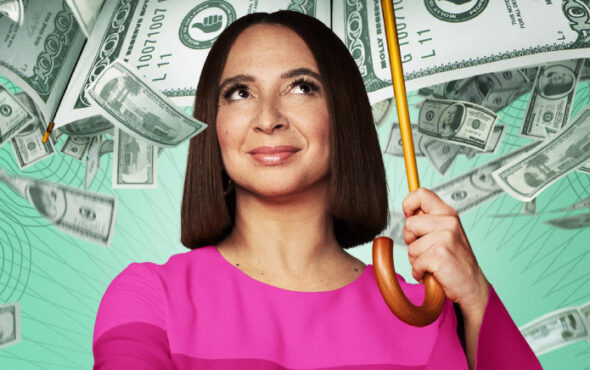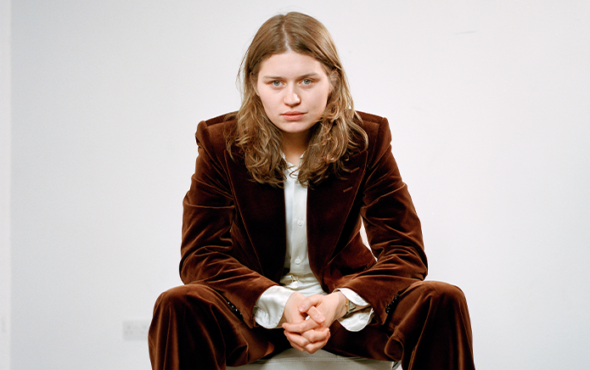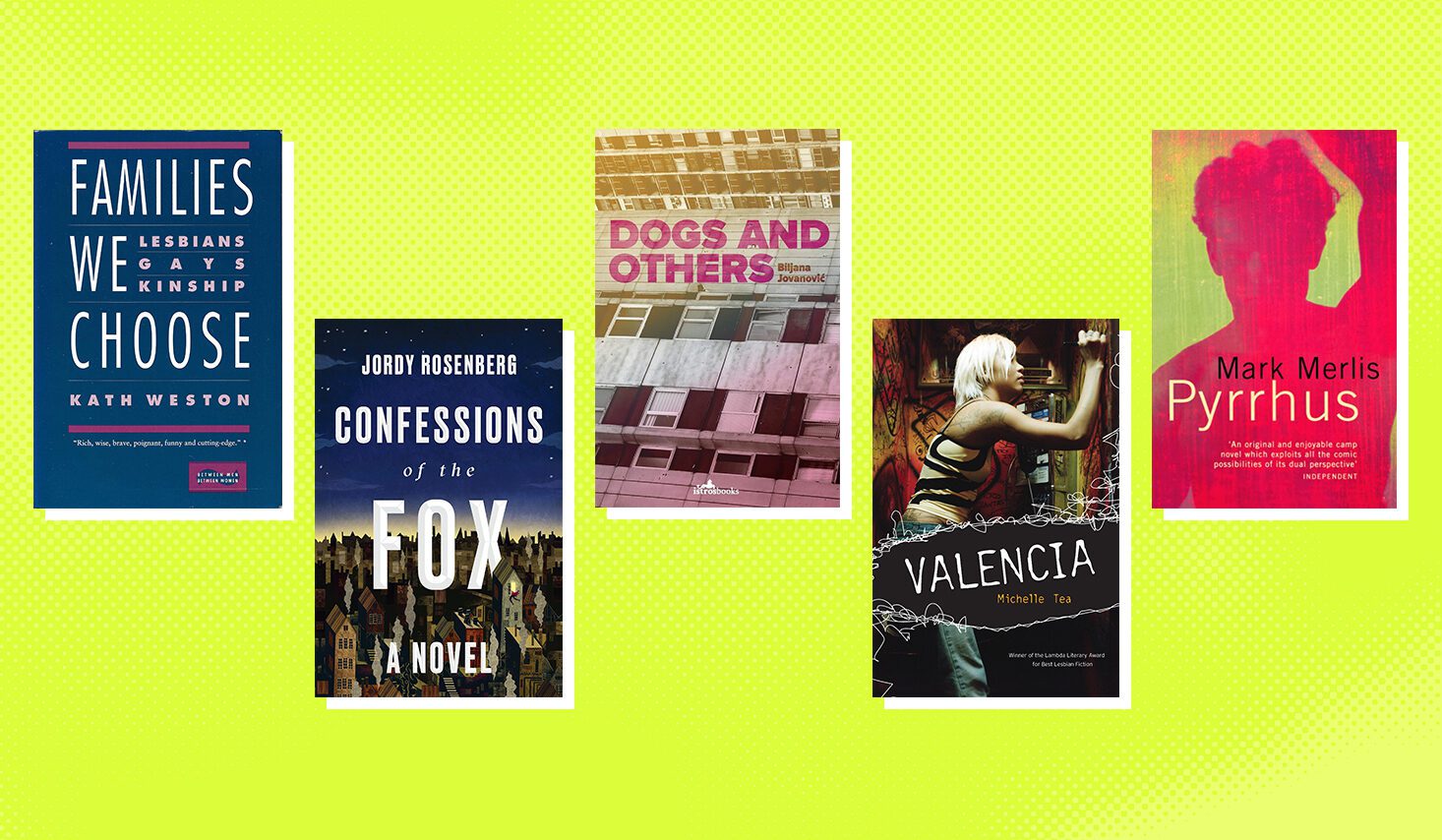
I love seeing LGBTQ+ characters and stories flourishing and finally being appreciated in the mainstream. But, I wanted to share a few books beyond the best-sellers – LGBTQ+ stories that are maybe slightly older or less well-known.
1. Dogs and Others (Psi I Ostali/пси и остали) – Biljana Jovanović

I came across this book by complete chance, in an attempt to learn more about Serbia, the country where part of my partner’s family are from. I didn’t even know it was an LGBTQ+ themed book when I picked it up, but I absolutely rushed through it once I started reading it.
It is definitely not a conventional read, as large parts of the book are written as a stream of consciousness. It’s not always clear how different bits of the narrative are connected to each other temporally, and sometimes we don’t know what actually happens, what is a dream, what is fantasy, whether we’re seeing past or present. Yet despite the experimental style, it is not difficult to read, and the sense of the main character struggling to deal with the difficulties she is handed in life, becomes more palpable through the expressive style used.
Widely considered to be one of the first depictions of lesbianism in mainstream Serbian literature, Dogs and Others shows the trials of coming of age in 1970s Belgrade. Main character Lidia lives with her elderly grandmother and her mentally ill brother, and various characters in her environment (including her distant mother) move in and out of her life.
2. Families We Choose – Kath Weston

In this early-90s non-fiction book, Kath Weston explores the various approaches that lesbians and gay men have to family: questions of marriage, child-rearing, care, and obligation are all unearthed and dissected from a multitude of angles. The book is based on the fieldwork Weston did around San Francisco in the 90s, but this isn’t just an academic investigation. Weston spends a good amount letting her research participants speak for themselves, and hence most of the book is told through personal anecdotes, rather than theoretical musings on the topic of kinship.
I found it incredibly refreshing to see the variety of views on display in the book – there is no sense that Weston is trying to find one simplistic solution to the ‘problems’ of family. Rather, she binds the various stories together to show how different experiences with family create different views on what ‘family’ should mean.
While some of her participants talk about how freeing it is for them to consider their non-biological loved ones ‘family’, other participants talk about how their cultural and linguistic backgrounds give them a different view, where ‘family’ cannot necessarily applied to non-blood relatives, but also does not indicate a higher space in the hierarchy.
3. Confessions of the Fox – Jordy Rosenberg

Okay, this is a bit of a cop-out: this is a very recent book (it only came out in 2018) and it was a massive success upon its release. However, it is still an absolute must-read for anyone with even the vaguest interest in history, so I couldn’t not include it.
Rosenberg tells a story of an academic who finds a manuscript which reimagines the life story of 18th-century thief Jack Sheppard, with Sheppard as someone we would now recognise as a trans man. Interweaving historical information about British colonialism, labour relations, gender conventions and sexuality, with 21st-century critiques of academia, authorship and healthcare, this book manages to contain parallel storylines that initially seem completely separate, but ultimately just make so much sense.
Annoyingly, that which makes Confessions so incredibly satisfying to read, needs to be encountered first-hand to be understood. Rosenberg plays with the conventions of texts so beautifully, that to describe it here would be to do it a disservice.
4. Valencia – Michelle Tea

In this book, Michelle Tea tells a fictionalised version of her own experiences as a queer woman in San Francisco. While there is a clear narrative voice, each chapter can also be read by itself, which creates the sense that we are simply seeing snapshots of various overlapping queer women’s communities.
Yes, this is another book set in San Francisco, yet the characters feel familiar. I have never lived in the US, and I was born in 1997, which is after the time where most of the story is set but all the characters felt like people I have met throughout my life, and perhaps point towards a certain continuity in queer women’s communities over time and space.
5. Pyrrhus – Mark Merlis

Although LGBTQ+ retellings of ancient Greek myths are not difficult to find anymore, a special shout out needs to go to Mark Merlis’ Pyrrhus. In this novel, we follow the story of Pyrrhus, son of Achilles, after his father has died in the Trojan War.
The narrative and characters are directly modeled after their ancient Greek counterparts while the rest of the setting is based on late 90s queer club subculture. The result is an odd mixture of the recent and not-so-recent past, and how questions of familial and communal care have always been investigated in complex ways in LGBTQ+ narratives.
Again, this is a novel that I came across completely by accident, as I was simply looking for something new to borrow from my library. I loved the weird in-between-ness of the timescale in the novel, and its theme of inevitably circling around destiny and community.
Pippa is a volunteer with Just Like Us, the LGBT+ young people’s charity.
